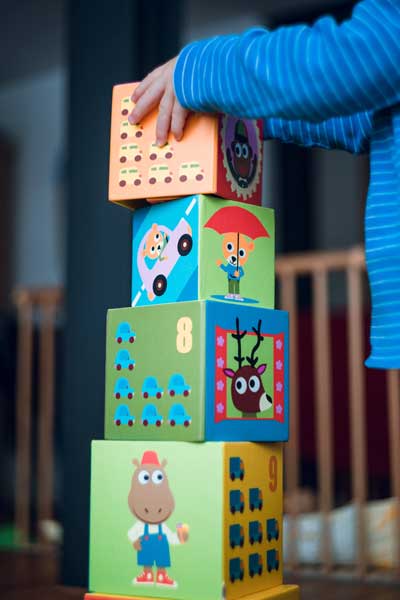Divorce. What is best for the children?
Divorce. What is best for the children?
Divorce. What is best for the children? Divorce is not only challenging for the two people involved in the relationship, but it can also take a significant toll on your children.
While children often can pick up on the tension between their parents, studies indicate that a whopping 80% of children who experience a split between their parents when they are young, do not show any signs of being negatively impacted by the decision.
How divorce affects children of a certain age
On average, children aged 6-10yrs old are least affected by divorces; however, children aged 1-2yrs old’s seem to be the most affected. Every marriage goes through its good times and bad times; however, when children become involved in the equation, the stakes become even higher.
If you’re someone who is currently experiencing issues in your marriage and are considering divorce, it’s crucial that you think about what is best for your children and not just the two parents involved.
There are several aspects to a divorce that must be considered to ensure that both parties are satisfied with the end results, while also making sure that your children aren’t affected adversely by the whole ordeal.
The good news is that if you are trying to get a divorce, you can do a few things to make sure your children feel safe and loved while you and your significant other split up.
Every child handles divorce differently, while some children enjoy both parents being the home regardless of whether they fight all the time or not. Some children understand the dynamic between their parent’s relationship and can pick up on signs that there may be unhappiness looming. This is why it’s so important to speak with your children about how they feel when going through a divorce so that you can make sure everyone in your home is happy with whatever decision you two decide to make.
Below, we’re going to give you some helpful tips and information that you can use to get a divorce from your partner in the most amicable way possible.
Figuring out what’s best for your child during a divorce
One of the significant factors that impact children during a divorce is the custody arrangement that goes into place once the divorce is finalized. If your child has a great relationship with both parents, a custody arrangement will likely have little to no effect on them.
However, this can change in situations where a child may have a stronger relationship with one parent as opposed to another.

Your divorce dynamics will also play a huge role in determining how well your child reacts to the split. For example, some couples are able to separate without any bad blood or bickering during the process. If this fits your situation, the good news is that you will likely not have to worry about your child experiencing any adverse side effects after you and your partner decide to do a split.
If you and your significant other have been having problems for quite some time now, the odds of your child being able to pick up on the tension between you two is very high. If your child is coming to you and asking questions about why “mommy and daddy” are arguing, the odds are they are able to sense all of the hostility between you two. In this circumstance, it can be beneficial to sit down with your child or children so that both of you can explain to them exactly what’s happening in order to get their input about how they would feel in the event of a divorce.
The good news for those out there dealing with marital issues is that a new phenomenon known as joint physical custody or JPC is slowly but surely on the rise within the United States. Joint physical custody is essentially “equal opportunity” parenting as both guardians are required to share equal splits for their children in terms of child support, housing, and the overall amount of time that each parent gets to spend with them.
Making the split happen
Once you’ve spoken with your child about the decision that you and your partner are about to make, you can proceed with the official court hearings so that you can make your divorce final.
Every divorce hearing is different, given that each couple will have unique elements to their situation that may not apply in other circumstances.
It’s best that you speak with a family attorney anytime you plan on getting a divorce so that they can give you advice on the best steps to take with your case on an individual basis.
People Also Ask
Q: Can divorce ever be good for a child?
A: According to statistical data, about 80% of children who experience a divorce can adapt without showing signs of any negative impacts on their social abilities, school grades, or mental health. This commonly happens when a child has developed a strong relationship with both parents.
Q: How do I help my kids through a divorce?
A: There are many things you can do to make the divorce process much easier for your children. This includes things like offering support during the separation process, maintaining good health, help them verbalize how they feel about the entire situation, and encouraging an atmosphere of honesty with your child.
Q: At what age does divorce affect a child?
A: Research shows that children’s worst age to experience a divorce is between the ages of 6-10. Alternatively, the best periods for a child to experience separation are between 1-2yrs old.
Conclusion
Now that you know how to handle a divorce while also considering your children’s feelings and emotional state, it’s time for you to make it happen. Before filing for a divorce, ask yourself these two questions: “Have I noticed any odd behavior from my children since my partner, and I have decided to split?” and “What is my child’s relationship like with both my partner and me?” These questions can be used as litmus tests to determine whether or not divorce is right for you.
Further reading: A self-help guide to best practices for parents getting divorced where children are involved.
If you have any questions, please feel free to contact us





